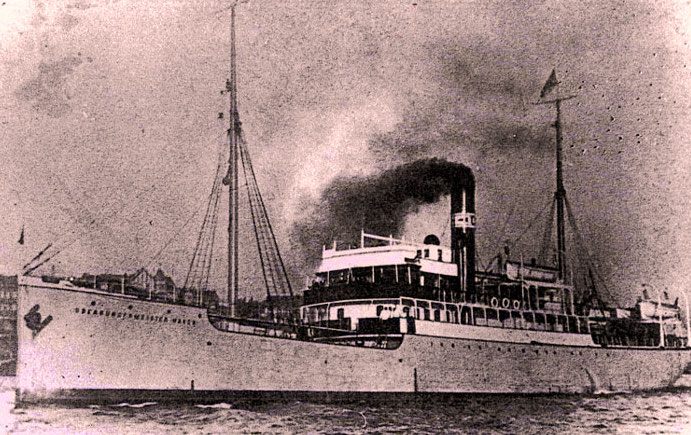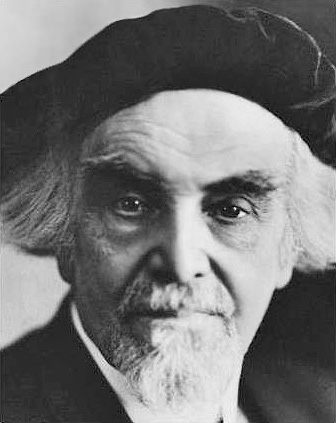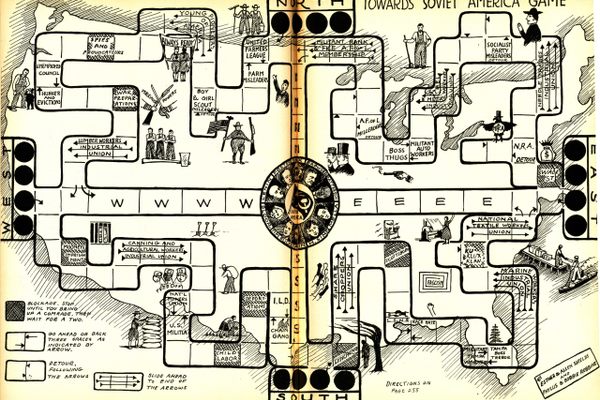The Ships That Helped Silence the Early USSR’s Intellectuals
In 1922, Russia exiled hundreds of academics and journalists on “Philosophers’ Ships” to make way for the Soviet Union.

The USSR was first established in December of 1922, but months earlier, the new nation’s future leaders ordered the deportation of a large number of Russian intellectuals.
The idea to exile the ideological opponents of the new Soviet state had come from Vladimir Lenin himself. In May of 1922, Lenin sent a letter to the head of the GPU, the state security organization in charge of, among other things, dealing with dissidents and enemies of the Soviet state. The letter ordered the director, Felix Dzerzhinsky, to organize teams to research the backgrounds and political leanings of academics and writers. Dzerzhinsky, a loyal Bolshevik, set to work and established a pair of committees, one to create a list of troublesome professors, and another to focus on students.

By mid-August, the individuals targeted by the GPU began to be arrested under the auspices of anti-Soviet activity. Prominent among them was the Russian philosopher Nikolai Berdyaev, but the arrests targeted a wide array of thinkers, including “philosophers, economists, sociologists, scientists, journalists and other intellectuals.” The majority of those singled out by the GPU were not active counter-revolutionaries, but people who had intellectual differences with the Bolsheviks’ government plan.
Berdyaev, for instance, was a Christian philosopher. An anti-authoritarian in general, he did not believe that Communism was compatible with a truly equal society. Boris Brutskus, an economist, had been vocal in his belief that the proposed economic structure of the USSR would fail. Yuly Aykhenvald, a literary critic, had been critical of Leon Trotsky.
As Leslie Chamberlain notes in her seminal book about this event, Lenin’s Private War: The Voyage of the Philosophy Steamer and the Exile of the Intelligentsia, the only “crime” any of the deportees had committed was to refuse to let go of their closely held beliefs. “These thinkers clashed with Lenin and in an instant lost their homeland,” she writes.

On September 28, 1922, loaded with its cargo of exiled thinkers and their families, the ship Oberbürgermeister Haken disembarked for Germany. And in November of that year, a second German vessel, the Preussen, carried yet more deported thinkers to Germany as well. All told, some 220 prominent intellectuals were forcibly removed from Russia before the official establishment of the Soviet Union.
Those who were deported on what are now remembered as the “Philosophers’ Ships” had lost the homeland they had spent their lives trying to improve. Some, such as Berdyaev, who along with some fellow exiles started a philosophical academy, were able to continue their intellectual careers in Europe. Others were not so lucky, falling into poverty and destitution.
At the time, the Philosophers’ Ships were portrayed by the Soviet Union as a peaceful, humane answer to dealing with problematic dissidents. On the rare occasions when this mass deportation is remembered today, it’s often as just another blip in the rise of totalitarianism in Russia. The reality is that it signaled a clear shift toward enforced anti-intellectualism.











Follow us on Twitter to get the latest on the world's hidden wonders.
Like us on Facebook to get the latest on the world's hidden wonders.
Follow us on Twitter Like us on Facebook